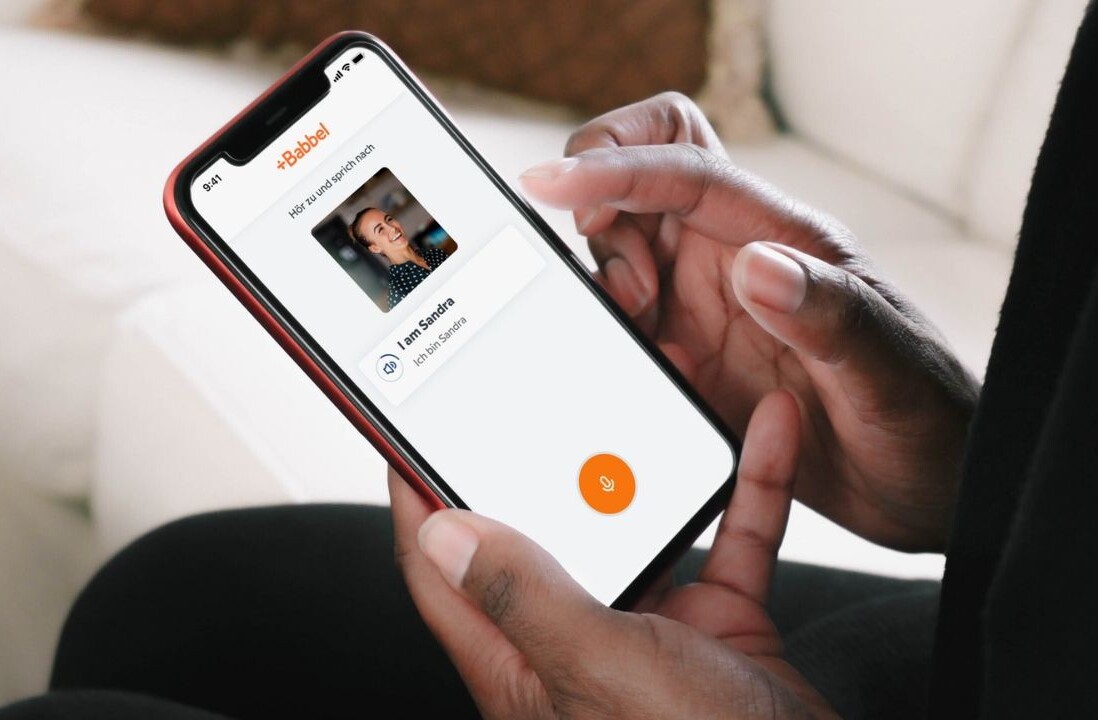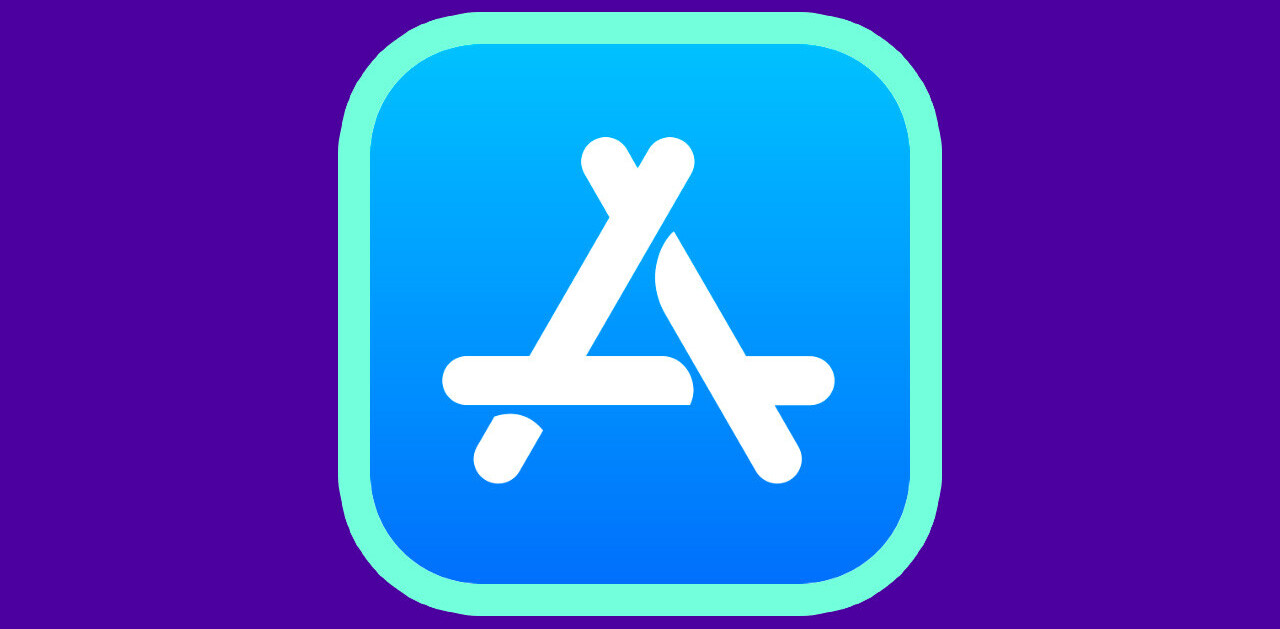
Proust, a New York City based startup, officially emerged from beta status this morning, with a slew of new features. The company first launched in February 2010 and is part of IAC, a large media conglomerate that owns sites like Ask.com, Match.com, The Daily Beast and Vimeo.
So what is Proust? It’s a place to share your memories. Proust’s co-founder and CEO Tom Cortese comes from a big Italian family and used to tell his friends the story of his father immigrating to the U.S. from Sicily. A few years ago, he painfully watched his grandmother battle dementia and slowly fade away. He experienced a very sad “Ah-hah” moment and the idea for Proust started to take shape.
“There are so many things I should’ve asked, recorded and saved because they’re a part of who I am and my story,” Cortese says. “We need a place on the web to share our stories, our memories and get those closest to us to do the same.”
If you’ve ever written in a journal, you’ll know the feeling of being confronted by a blank page. Named for the famous Proust questionnaire, the site helps you to chronicle your history by prompting you with questions for each chapter of your life story. Proust has over 1,000 writing prompts on the site like: “Growing up, who did you most admire?” You can continue to chronicle by answering questions or sharing a story about anything. Along the way, you can enrich your story with photos, tags, dates, places and videos through a partnership with Vimeo.

Proust’s algorithm provides targeted questions based on your age, gender and previously answered questions. Questions are sorted by chapters, for example there are 13 questions in the chapter “Childhood memories”. You can either answer these questions or forward the question to someone else you’re connected to within the Proust network. Once you log into the network with Facebook, connections are suggested from your family and closest friends. Otherwise, you will need to manually invite other users into Proust.
Once you’ve started to fill out your Proust diary, you can take advantage of the new ways to visualize these memories through storybook, timeline and maps.
Storybook:

Timeline:

Maps:

If you look at all the other social tools on the web, everything revolves around the Feed. Everything you do is about what just happened. Not so with Proust. It’s about first loves, first kisses, first jump in a lake. But if you were born today, why would you choose logging data on Proust over Facebook?
“I love Facebook, Google+ and Twitter too,” says Proust CEO Tom Cortese, “But Facebook is about all the things happening right now, it’s a feed of too much information. Not too long ago we used to have photos with a roll of 24 frames, then 36, now we have billions. We don’t curate anymore. It’s important to have tools to pick out the important stuff. Do you really want to be remembered by your Facebook feed?”
Proust, like photo sharing service 500px isn’t a tool for dumping loads of photos into it but is a site focused on showcasing the best. “I want to create a rich, curated story. That’s the legacy I want,” says Cortese.
How will data portability work with Proust? “Data portability and ownership of that data are incredibly important pieces of the puzzle. Right now, we’re just launching out of beta. But this fall, we’re going to introduce tools to get your information out,” answers Cortese. The first way will be a printed book- a beautifully designed, exportable version of your Proust story in PDF form that you can print at your local Kinkos. Secondly, Proust will provide the ability to print your data in a soft or hardcover book, something you’d want to have on your coffee table. Proust will also monetize off of these products, in addition to selling advertising on the site. For now though, they are 100% focused on building a useful product.

And how will the average user find the time to use Proust? “We all reach this ‘ah-ha’ moment in our lives when we realize our memories are important. It happens at different points- when you have a kid, or when you see someone pass away. When you have that moment it becomes much easier to say, ‘Okay, I’m going to take the time to begin to catalogue these things.’ You can answer one question a week and over the course of a few months using the site you will have recorded so much,” says Cortese.
Will Proust be valuable to you? Are your memories worth taking the time to record online?
Get the TNW newsletter
Get the most important tech news in your inbox each week.




